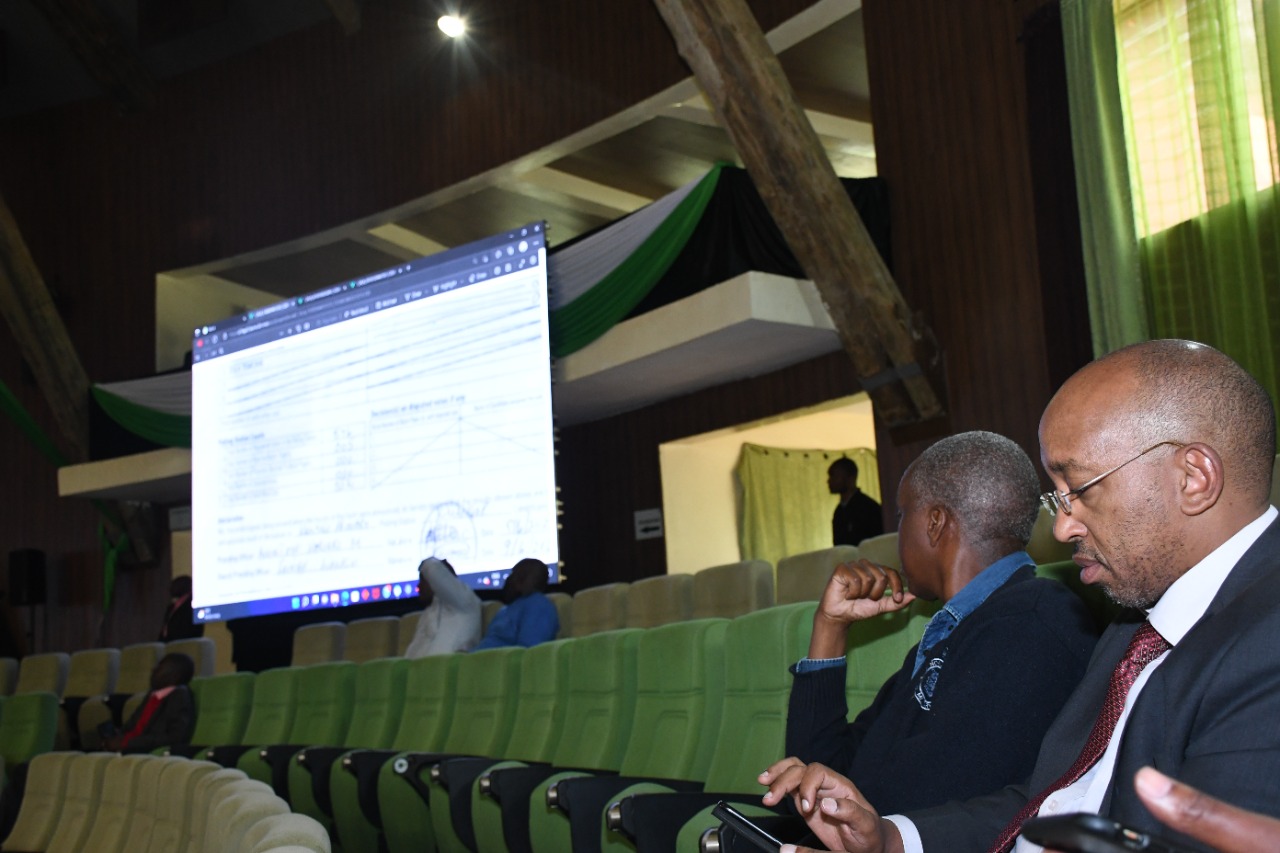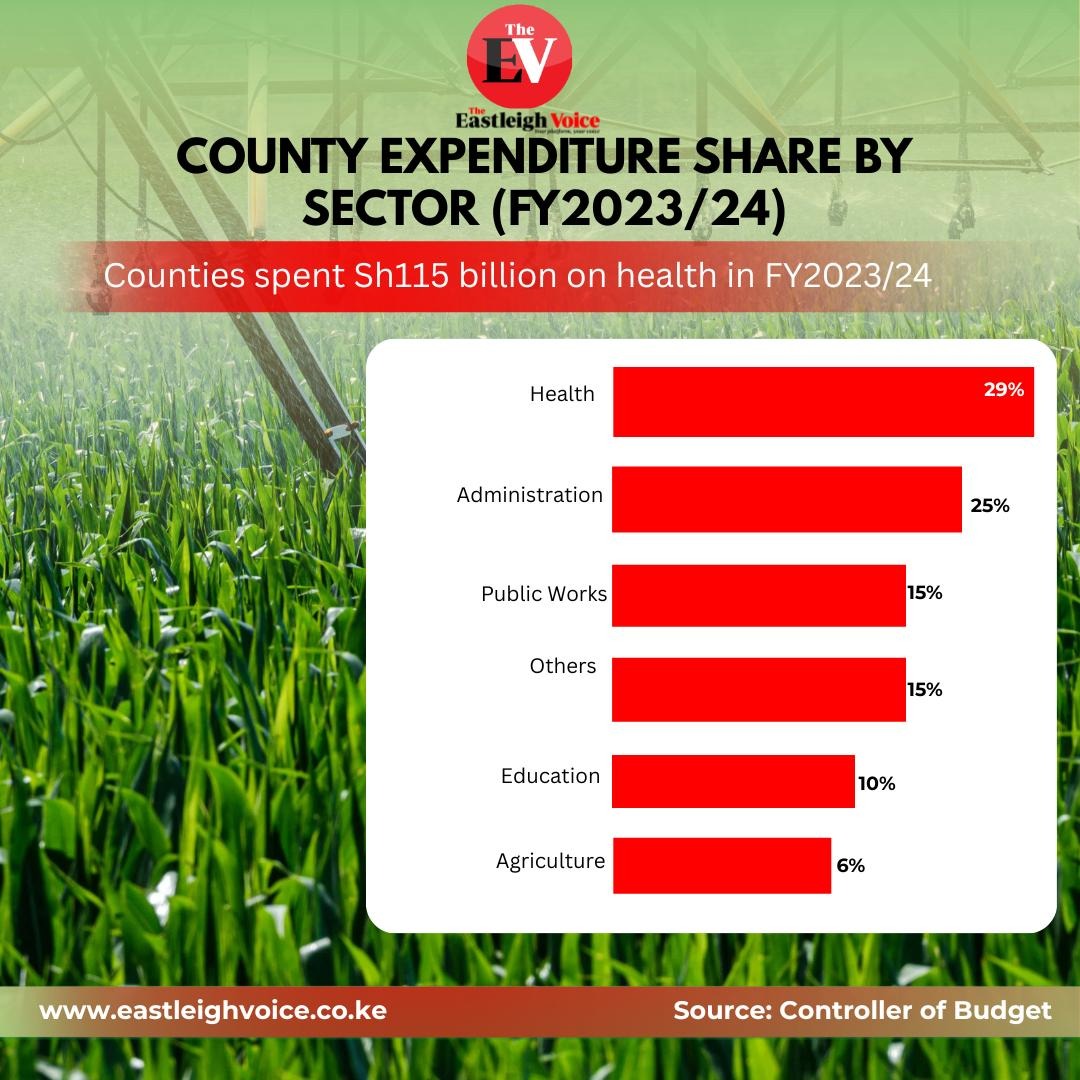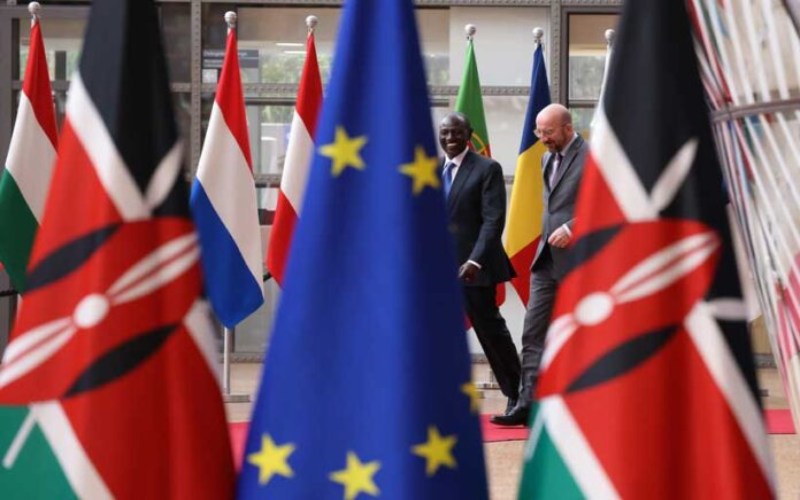Over half of Kenyans lack confidence in IEBC, Infotrak survey shows

Regionally, the survey found Nairobi and Nyanza led in distrust toward the IEBC, with 59 per cent of respondents in each region expressing scepticism.
A nationwide perception survey conducted by Infotrak indicates that 54 per cent of Kenyans lack confidence in the Independent Electoral and Boundaries Commission (IEBC) to oversee a credible election in the 2027 polls.
The survey carried out between November 16 to 30, 2024, reveals that only 26 per cent of respondents expressed trust in the commission's ability to deliver free and fair elections.
More To Read
- High Court petition challenges IEBC’s role in legal profession elections
- The growing threat of unconstitutional power in Africa: AU’s mixed response under fire
- Benin’s hard-won reputation for political stability shaken by failed military coup
- IEBC warns low voter registration, apathy could undermine future elections
- IEBC warns boundary review may spark community, religious and class tensions
- Court to hear petition challenging eligibility of Embu North MP Leo Wa Muthende
“Only 26 per cent of the surveyed respondents expressed confidence in the IEBC to conduct free and fair elections in 2027. A majority (54 per cent), however, were sceptical that the electoral body will conduct the 2027 elections in a free and fair manner,” reads the report.
The study employed a multi-faceted approach, incorporating desk research, quantitative interviews, and qualitative key informant interviews alongside focus group discussions.
The survey targeted Kenyans aged 18 and above and achieved a sample size of 2,400 respondents.
With a ±2 per cent margin of error at a 95 per cent confidence level, the survey covered all 47 counties.
Proportional allocation ensured representation, with Rift Valley contributing the largest sample and North Eastern the smallest.
Regionally, the survey found Nairobi and Nyanza led in distrust toward the IEBC, with 59 per cent of respondents in each region expressing scepticism.
Eastern followed closely at 58 per cent, while Western and Central regions recorded 55 per cent. North Eastern and Coast regions registered 51 per cent and 44 per cent, respectively.
Among those who expressed confidence in the IEBC, 48 per cent cited its independence, 42 per cent pointed to improved transparency, and 38 per cent referenced the commission's past performance. An additional 15 per cent believed the Judiciary could address disputes, while nine per cent acknowledged the IEBC’s regular public updates as reassuring.
Conversely, those lacking confidence attributed their concerns to issues such as lack of transparency (60 per cent), corruption (47 per cent), past electoral irregularities (47 per cent), and perceived lack of independence (19 per cent).
Respondents identified several challenges facing the IEBC, including external interference (39 per cent), corruption (38 per cent), lack of commissioners (38 per cent), inadequate funding (23 per cent), and limited resources (13 per cent).
To improve trust in electoral processes, respondents suggested ensuring the IEBC’s independence and impartiality (40 per cent), conducting free, fair, and transparent elections (39 per cent), and increasing civic education and sensitisation on electoral processes (29 per cent).
Addressing vote rigging was also highlighted by 29 per cent of participants.
The survey aimed to examine the evolving public trust in institutions and democratic processes, focusing on electoral governance. It also sought to analyse political trends, interests, and risks while exploring how public protests and discontent — particularly among the youth — impact trust and reform efforts.
The findings are intended to inform recommendations for progressing Kenya's electoral system and governance.
This comprehensive study sheds light on the challenges facing the IEBC and underscores the need for reforms to restore public confidence in Kenya's electoral processes.
Top Stories Today












































